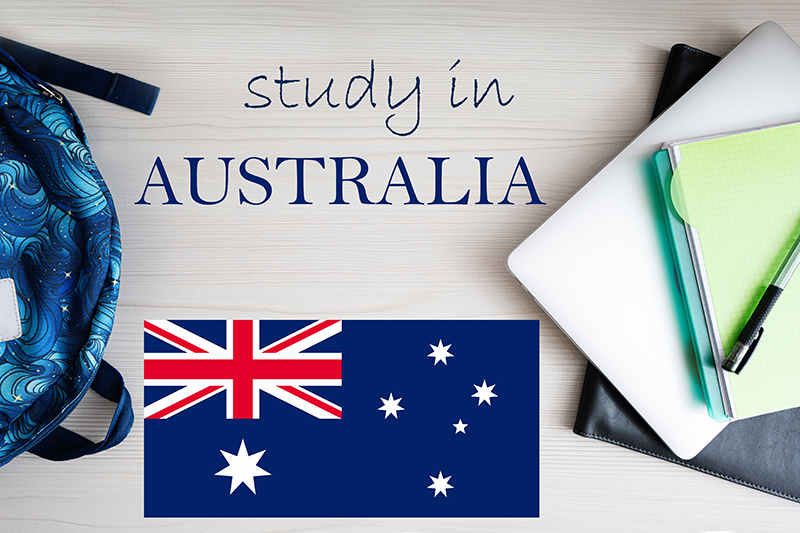This article covers everything students can expect when beginning their education journey in Australia — from practical tips and lifestyle advice to essential immigration information.
High-Quality Education
Australia is home to six of the top one hundred universities. This means a university degree from Australia is internationally recognized, giving graduates a competitive edge in the job market globally.
The education system is similar to the UK’s, offering a range of courses at an undergraduate, postgraduate, and master’s level. If you are considering a career in research in Australia is a great choice as 90% of Australian research is rated above the world standard.
Australia is also one of the most popular destinations for international students and studies abroad, ranking third behind the US and UK. Therefore, you are guaranteed to be working in a diverse, multicultural environment.
Beautiful Cities and Locations
Beyond academics, Australia has some of the most stunning natural and urban landscapes. The country contains no fewer than twenty UNESCO World Heritage sites. The university campuses are also known for their impressive architecture. For instance, the University of Sydney’s law school has won several awards for its architectural design – blending history with modern innovation.
Clubs, Societies, and Outdoor Activities
Australia’s varied landscapes offer plenty of opportunities for adventure, with student concessions available on public transport. It is easy for students to travel around the cities and further afield, but it’s recommended for trips to the East Coast that you book in advance.
Whether you like sports, social clubs, or outdoor exploration, the relaxed outdoor lifestyle means there is something for everyone.
If you choose to live near the coast, it is worth trying out iconic activities like surfing, snorkeling, or even swimming with Australian marine life. Most universities will also offer a wide range of clubs and societies to help you meet like-minded students and get involved on campus.
Visas and Immigration
To study in Australia, you will need to apply for a student visa. The most common visa is a subclass 500. However, we cover a range of visa options. If you would like more advice or support, contact ([email protected])
It is important to check the most up-to-date visa requirements before leaving, as they can vary depending on your country of origin and the type of study program.
Safety and Health Insurance
Australia is considered one of the safest countries in the world, with low crime rates and a high standard of healthcare.
As an international student, it’s mandatory to have Overseas Student Health Cover (OSHC) for the entire duration of your stay. OSHC gives you access to basic medical services and ensures you’re covered in case of illness or emergencies. Your university or education provider can usually help you arrange this before you arrive.
Working While Studying
International students are allowed to work while studying in Australia, giving you the chance to gain valuable experience and help cover living expenses.
- Undergraduate students can work up to 24 hours per week during term time.
- Postgraduate students have unrestricted work rights, which can be a great way to gain professional experience in your field of study.
These opportunities not only help financially but also improve your employability after graduation.
Getting Set Up
When you arrive in Australia, there are a few practical steps to take to make your transition smoother:
- Open an international bank account to manage your finances locally.
- Get a local SIM card to avoid international roaming charges and stay connected.
- Apply for a Tax File Number (TFN) if you plan to work — this is essential for legal employment and ensuring the correct tax is deducted from your wages.
It’s also important to check what kind of work rights your visa provides. If you’re unsure, we can help you find out.


